Home / ladakh / Sonam Wangchuk and 20 Others Detained for Protesti
Sonam Wangchuk and 20 Others Detained for Protesti
By: My India Times
4 minutes read 49Updated At: 2024-11-11
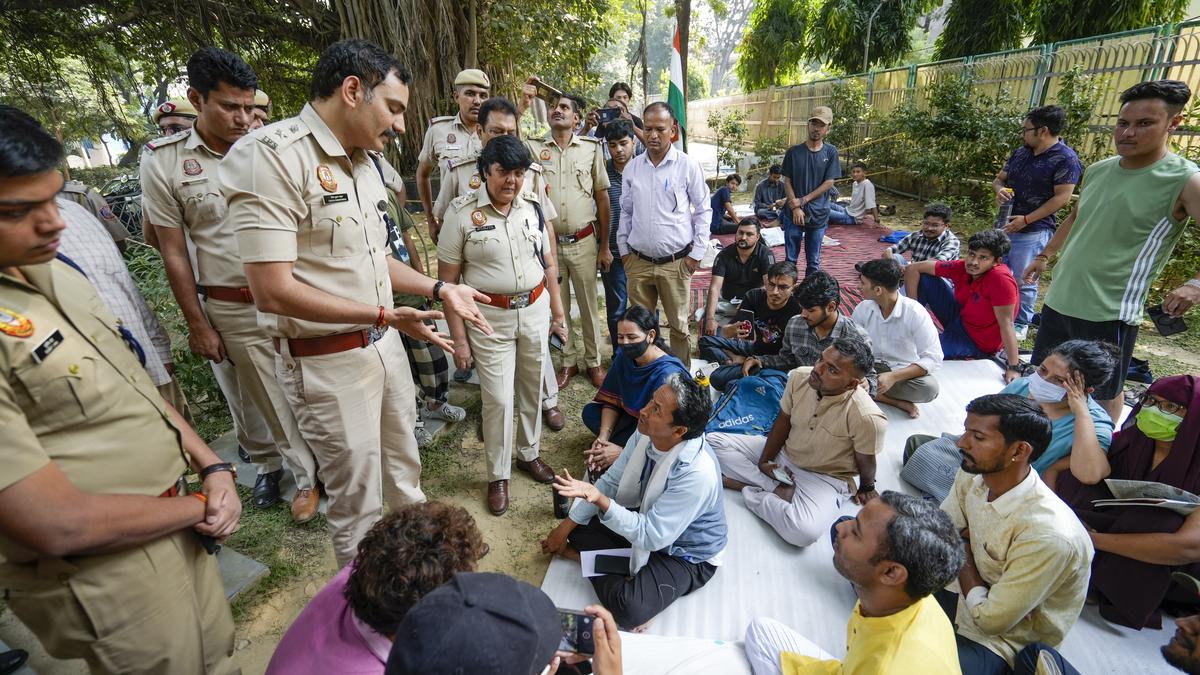
In a dramatic turn of events on Sunday, October 13, 2024, renowned climate activist Sonam Wangchuk, along with 20 other protestors, was detained by the Delhi Police for staging a protest outside the Ladakh Bhawan in the national capital. The group, led by Wangchuk, was advocating for urgent action on climate change and the preservation of Ladakh’s unique ecosystem.
Protest Against Environmental Degradation
Wangchuk, who is widely known for his pioneering work in sustainable development and environmental activism, has long been a vocal critic of the impact of climate change on Ladakh’s fragile environment. His recent protest, which involved a hunger strike, is part of an ongoing campaign to raise awareness about the environmental degradation affecting the region. The protesters were calling for the Indian government to take stronger steps in preserving the glaciers, water resources, and traditional ways of life in Ladakh, which are increasingly threatened by the rapid changes brought about by global warming.
In a statement issued before his arrest, Wangchuk said, "The glaciers of Ladakh, which have been a lifeline for its people, are melting faster than ever before. We cannot afford to wait any longer to address the climate crisis that is impacting our future." Wangchuk’s dedication to this cause has earned him widespread recognition, not just in India but across the world, as a champion for environmental sustainability.
The Protest and Detention
The protest, which saw around 20 to 25 individuals taking part, began early in the morning outside the Ladakh Bhawan, a central office for the Ladakh Union Territory in Delhi. The activists, many of whom were also from Ladakh, had gathered to draw attention to the pressing environmental issues facing their homeland, which includes the shrinking of glaciers and dwindling water sources that directly impact local communities.
Despite their peaceful demonstration, the Delhi Police detained Wangchuk and his fellow protesters on charges of unlawful assembly. They were taken to the Mandir Marg Police Station, where they were later released. "We were protesting for a cause that is important not just for Ladakh, but for the entire world. We will continue to fight for the protection of our environment," said Wangchuk after his release.
Wangchuk’s Ongoing Advocacy for Ladakh
Sonam Wangchuk has been at the forefront of environmental activism in Ladakh for years. His innovative projects, including solar-powered heaters and ice stupas to store winter water for agriculture, have earned him admiration for his commitment to sustainable development in one of the harshest climates in the world. His work has drawn global attention to Ladakh’s unique environmental challenges and the need for action to mitigate the effects of climate change in the region.
Wangchuk’s protest also resonates with the ongoing concerns of the people of Ladakh, who are witnessing firsthand the drastic changes in their landscape due to rising temperatures and shifting weather patterns. Many of the protesters expressed solidarity with Wangchuk, stating that their livelihoods, particularly in agriculture and water conservation, are increasingly at risk.
The Bigger Picture: Ladakh’s Environmental Crisis
Ladakh’s environment is particularly vulnerable to the impacts of climate change due to its high-altitude, arid conditions. The region, which is home to several glaciers, is witnessing accelerated melting due to rising temperatures, leading to the shrinking of water sources that communities rely on for farming and daily use. The traditional way of life in Ladakh, which is closely tied to the natural environment, is under threat as temperatures rise and the water resources dwindle.
Wangchuk’s protest is a reflection of the growing concern not only in Ladakh but across India regarding the rapid pace of climate change. Experts warn that if urgent action is not taken, many regions like Ladakh could face severe consequences, including water shortages, loss of biodiversity, and changes to local weather patterns that could disrupt agricultural cycles.
A Call for Action
Wangchuk’s arrest has sparked widespread discussions on social media, with many of his supporters calling for greater action from the government to address the climate crisis. "This is not just a fight for Ladakh, but for the future of our planet," said a fellow protester. "We need urgent policies that focus on sustainability and preserving the environment."
The incident has also drawn attention to the growing environmental activism in India, particularly among young people, who are becoming increasingly vocal about the need for government accountability in addressing climate change. Wangchuk’s campaign continues to inspire many, and the protests outside the Ladakh Bhawan serve as a reminder of the urgent need to protect not just the region of Ladakh, but the planet as a whole.
....In a dramatic turn of events on Sunday, October 13, 2024, renowned climate activist Sonam Wangchuk, along with 20 other protestors, was detained by the Delhi Police for staging a protest outside the Ladakh Bhawan in the national capital. The group, led by Wangchuk, was advocating for urgent action on climate change and the preservation of Ladakh’s unique ecosystem.
Protest Against Environmental Degradation
Wangchuk, who is widely known for his pioneering work in sustainable development and environmental activism, has long been a vocal critic of the impact of climate change on Ladakh’s fragile environment. His recent protest, which involved a hunger strike, is part of an ongoing campaign to raise awareness about the environmental degradation affecting the region. The protesters were calling for the Indian government to take stronger steps in preserving the glaciers, water resources, and traditional ways of life in Ladakh, which are increasingly threatened by the rapid changes brought about by global warming.
In a statement issued before his arrest, Wangchuk said, "The glaciers of Ladakh, which have been a lifeline for its people, are melting faster than ever before. We cannot afford to wait any longer to address the climate crisis that is impacting our future." Wangchuk’s dedication to this cause has earned him widespread recognition, not just in India but across the world, as a champion for environmental sustainability.
The Protest and Detention
The protest, which saw around 20 to 25 individuals taking part, began early in the morning outside the Ladakh Bhawan, a central office for the Ladakh Union Territory in Delhi. The activists, many of whom were also from Ladakh, had gathered to draw attention to the pressing environmental issues facing their homeland, which includes the shrinking of glaciers and dwindling water sources that directly impact local communities.
Despite their peaceful demonstration, the Delhi Police detained Wangchuk and his fellow protesters on charges of unlawful assembly. They were taken to the Mandir Marg Police Station, where they were later released. "We were protesting for a cause that is important not just for Ladakh, but for the entire world. We will continue to fight for the protection of our environment," said Wangchuk after his release.
Wangchuk’s Ongoing Advocacy for Ladakh
Sonam Wangchuk has been at the forefront of environmental activism in Ladakh for years. His innovative projects, including solar-powered heaters and ice stupas to store winter water for agriculture, have earned him admiration for his commitment to sustainable development in one of the harshest climates in the world. His work has drawn global attention to Ladakh’s unique environmental challenges and the need for action to mitigate the effects of climate change in the region.
Wangchuk’s protest also resonates with the ongoing concerns of the people of Ladakh, who are witnessing firsthand the drastic changes in their landscape due to rising temperatures and shifting weather patterns. Many of the protesters expressed solidarity with Wangchuk, stating that their livelihoods, particularly in agriculture and water conservation, are increasingly at risk.
The Bigger Picture: Ladakh’s Environmental Crisis
Ladakh’s environment is particularly vulnerable to the impacts of climate change due to its high-altitude, arid conditions. The region, which is home to several glaciers, is witnessing accelerated melting due to rising temperatures, leading to the shrinking of water sources that communities rely on for farming and daily use. The traditional way of life in Ladakh, which is closely tied to the natural environment, is under threat as temperatures rise and the water resources dwindle.
Wangchuk’s protest is a reflection of the growing concern not only in Ladakh but across India regarding the rapid pace of climate change. Experts warn that if urgent action is not taken, many regions like Ladakh could face severe consequences, including water shortages, loss of biodiversity, and changes to local weather patterns that could disrupt agricultural cycles.
A Call for Action
Wangchuk’s arrest has sparked widespread discussions on social media, with many of his supporters calling for greater action from the government to address the climate crisis. "This is not just a fight for Ladakh, but for the future of our planet," said a fellow protester. "We need urgent policies that focus on sustainability and preserving the environment."
The incident has also drawn attention to the growing environmental activism in India, particularly among young people, who are becoming increasingly vocal about the need for government accountability in addressing climate change. Wangchuk’s campaign continues to inspire many, and the protests outside the Ladakh Bhawan serve as a reminder of the urgent need to protect not just the region of Ladakh, but the planet as a whole.
By: My India Times
Updated At: 2024-11-11
Tags: ladakh News | My India Times News | Trending News | Travel News
Join our WhatsApp Channel




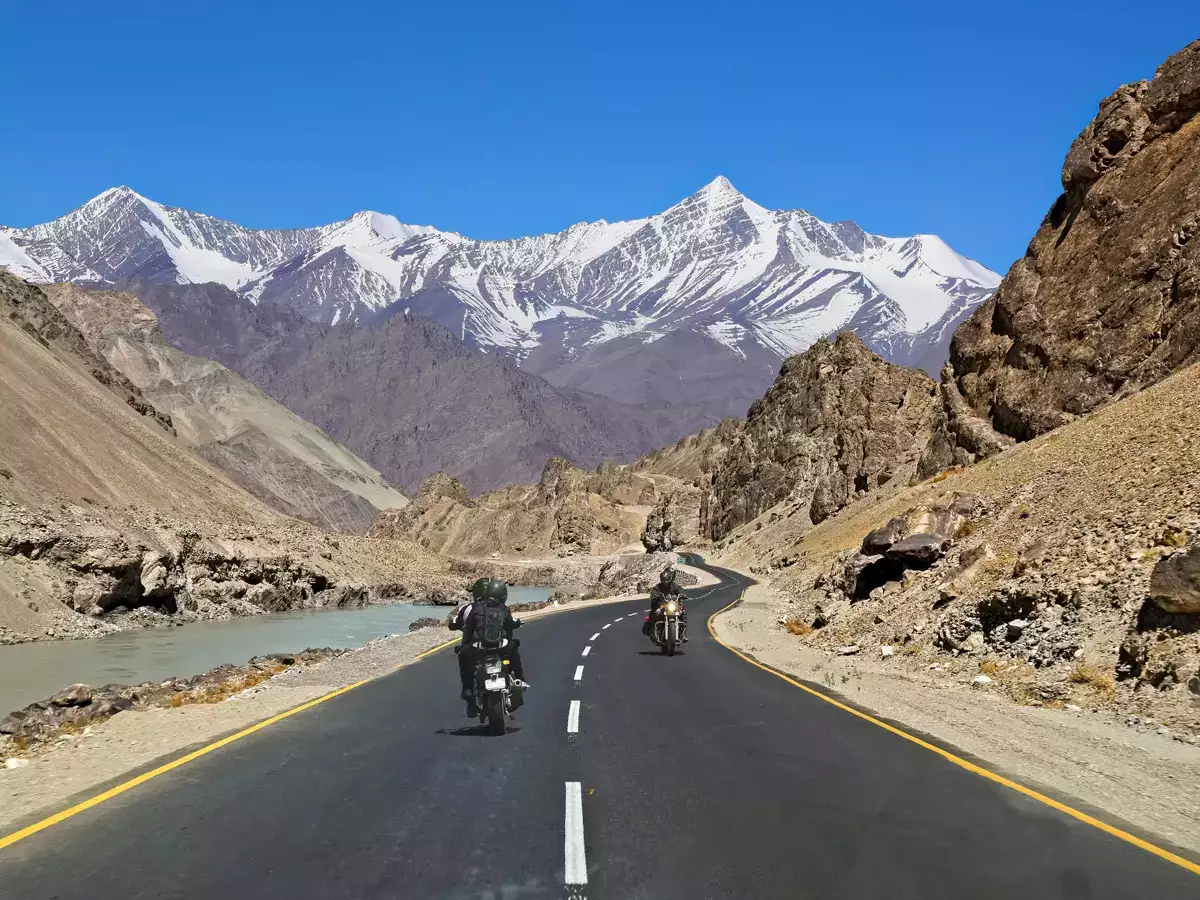


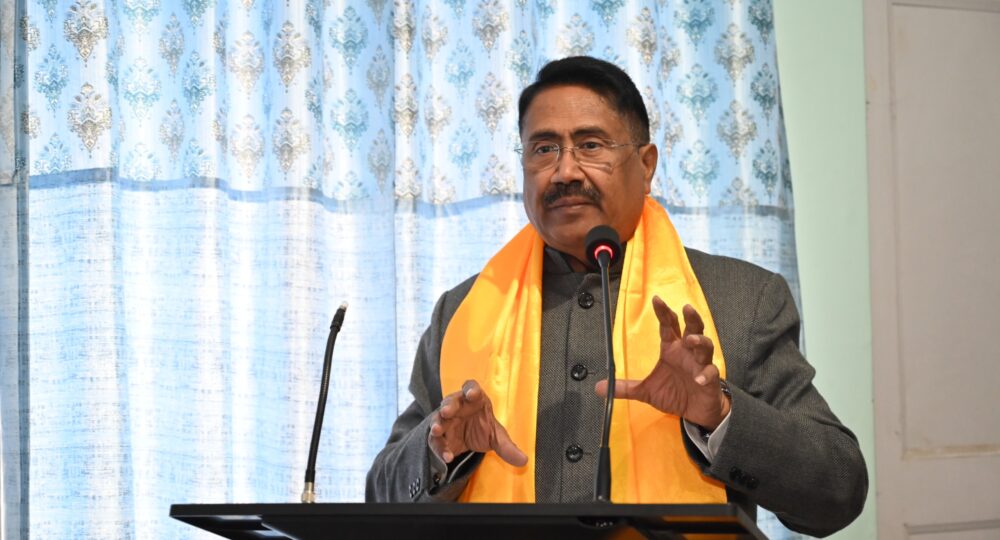
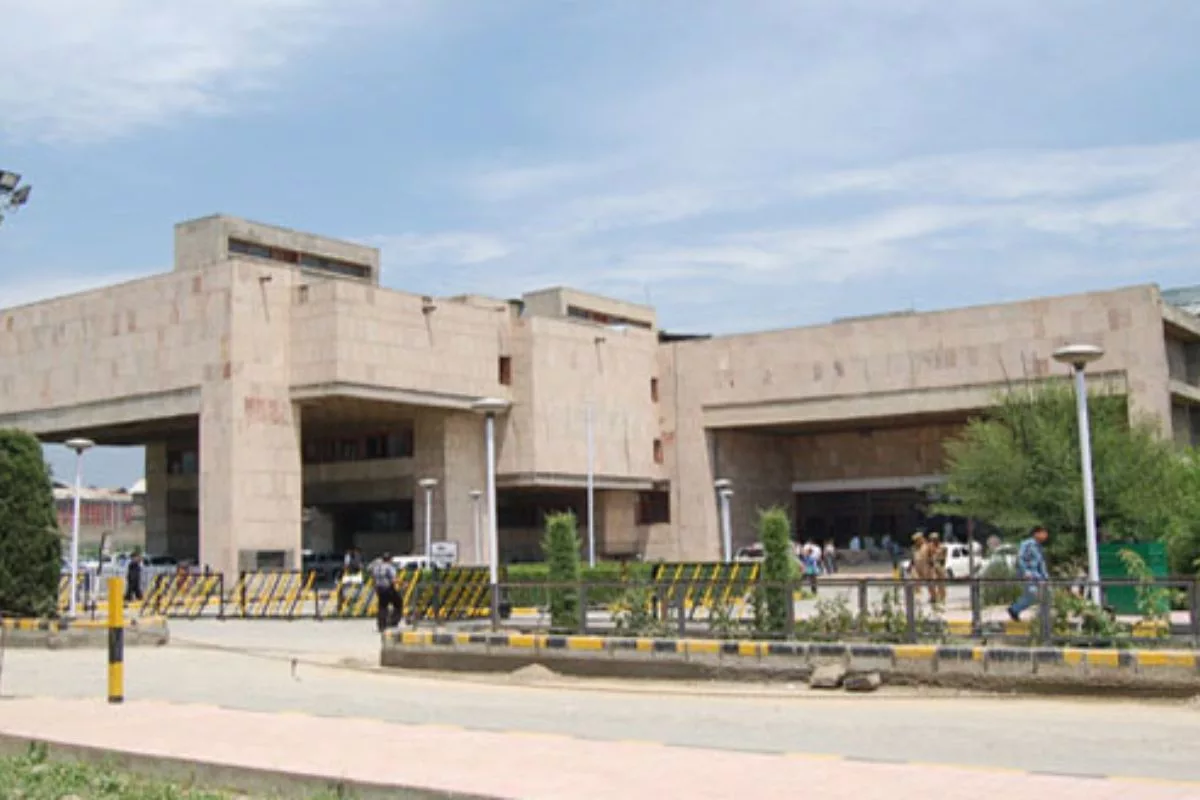



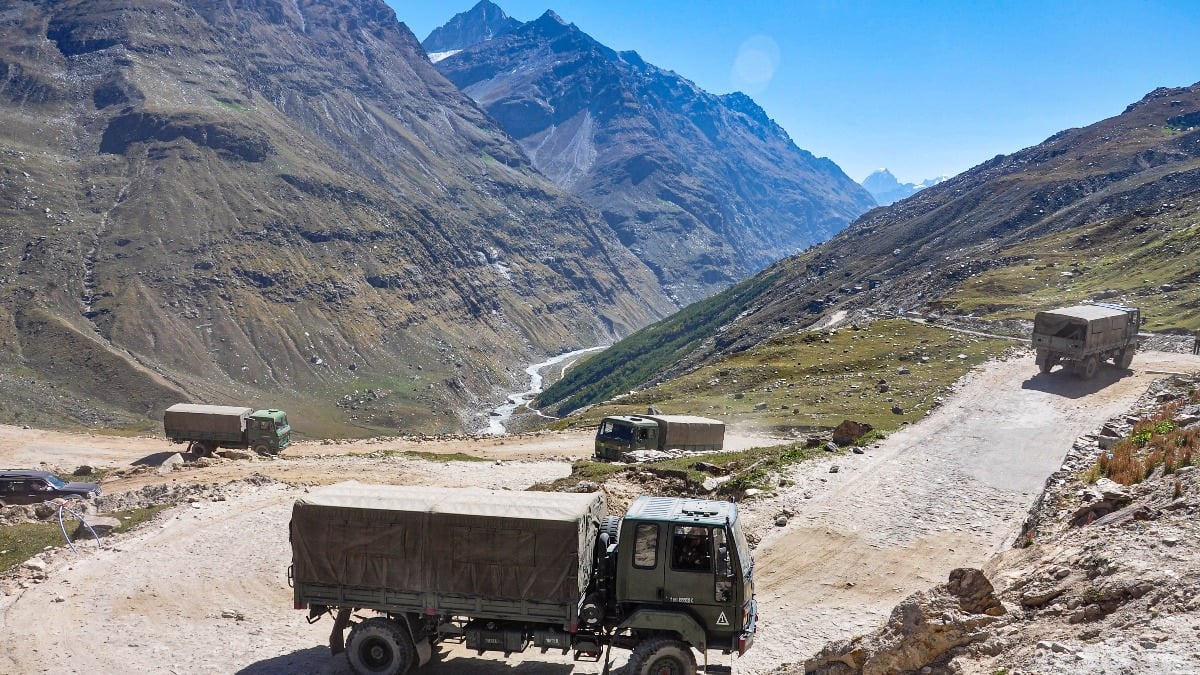
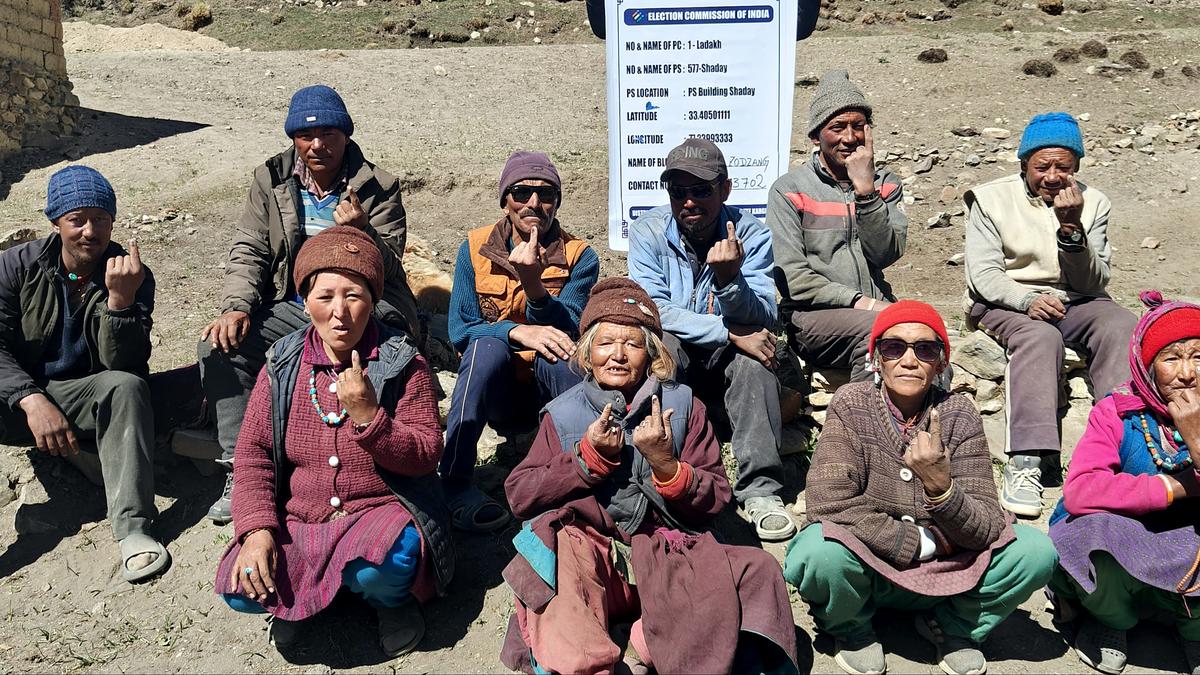


























































































.png)
 (1).png)























